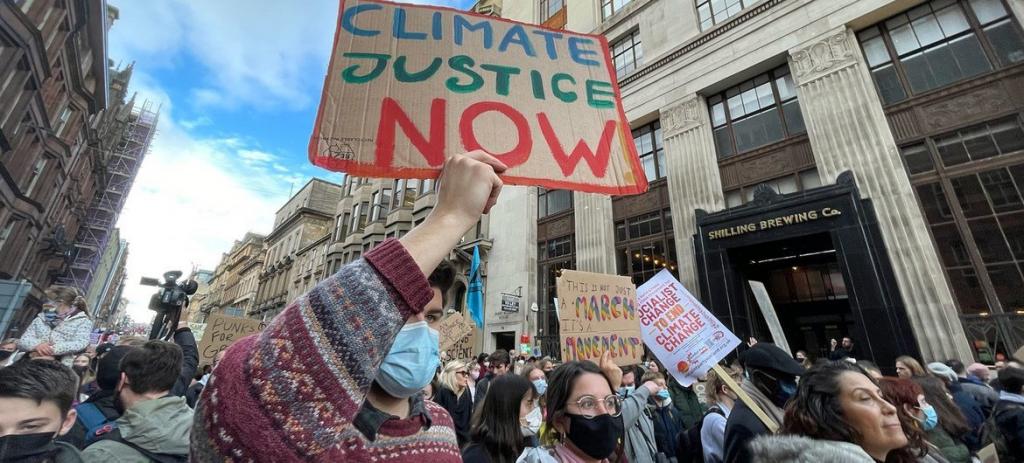

India voted for the resolution and pointed out that the resolutions do not create binding obligations



Every person on the planet has the right to live in a clean, healthy environment, declared United Nations (UN) in a historic resolution.
Climate change and environmental degradation are the most critical threats awaiting humanity in the future, underlined the resolution, adopted July 28 2022.
The landmark development demonstrates that the member states can unite in the collective fight against the triple planetary crisis of climate change, biodiversity loss and pollution.
These together accounts for the death of around nine million people every year, according to scientists.
“The resolution will help to reduce environmental injustices and protection gaps. It can empower people, especially those in vulnerable situations, including environmental human rights defenders, children, youth, women and indigenous people”, the UN Secretary-General, António Guterres, said in a statement.
The declaration sheds light on almost all the rights connected to the health of our environment.
“Every person, everywhere, has the right to eat, breathe and drink without poisoning their bodies,” said UN High Commissioner for Human Rights, Michelle Bachelet.
Society should tranform by adopting sustainable means, which includes a shift to renewable energy and circular economy.
“This right was not included in the Universal Declaration of Human Rights, 1948. So, this is a historic resolution that will change the very nature of international human rights law,” said David Boyd, UN special rapporteur on Human Rights and Environment.
Some 50 years ago, the United Nations Conference on the Environment in Stockholm concluded with a resolution placing environmental issues at the global forefront.
Today, over 176 countries have adopted environmental framework laws on the basis of it. “From a foothold in the 1972 Stockholm Declaration, these rights have been integrated into constitutions, national laws and regional agreements. In October 2021, it was recognised by the UN Human Rights Council. Today’s decision elevates the right to where it belongs: Universal recognition,” said Inger Andersen, executive director of the United Nations Environment Programme.
July 28, 2010, the UN general assembly recognised the right to water and sanitation through its resolution. It stated that clean drinking water and sanitation “are essential to the realisation of all human rights”.
In response to this, governments across the world have changed their laws and regulations related to water and sanitation.
So, the right to a healthy environment is one of the essential requirements for leading a dignified life. People have to hold their governments accountable to get these rights delivered.
The declaration adopted by over 160 UN member nations, including India, is not legally binding. But, it will encourage countries to incorporate the right to a healthy environment in national constitutions and regional treaties, stated UN.
Russia and Iran abstained from voting. India voted for the resolution and pointed out that the General Assembly resolutions do not create binding obligations. Only through conventions and treaties do state parties undertake obligations for such rights.
The words’ ‘clean’, ‘healthy’ and ‘sustainable’ lack an internationally agreed definition. The text fails to refer to the foundational principle of equity in international environmental law, added the country’s representative.
Nevertheless, this has given more power in the hands of environmental activists to question environmentally destructive actions and policies, according to the United Nations.
We are a voice to you; you have been a support to us. Together we build journalism that is independent, credible and fearless. You can further help us by making a donation. This will mean a lot for our ability to bring you news, perspectives and analysis from the ground so that we can make change together.

Comments are moderated and will be published only after the site moderator’s approval. Please use a genuine email ID and provide your name. Selected comments may also be used in the ‘Letters’ section of the Down To Earth print edition.